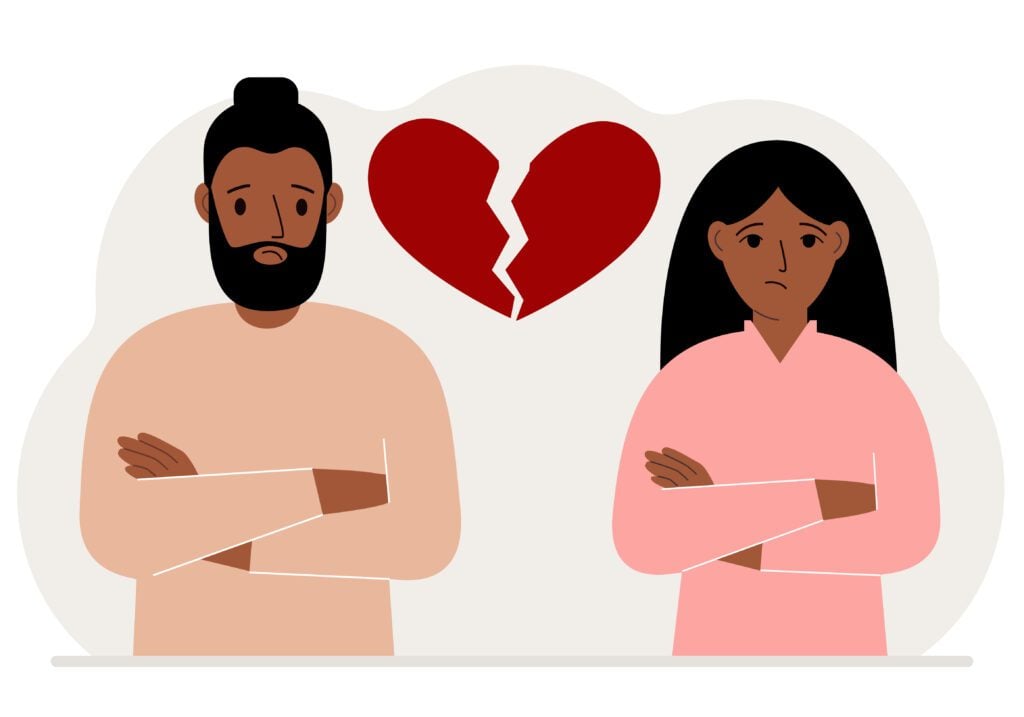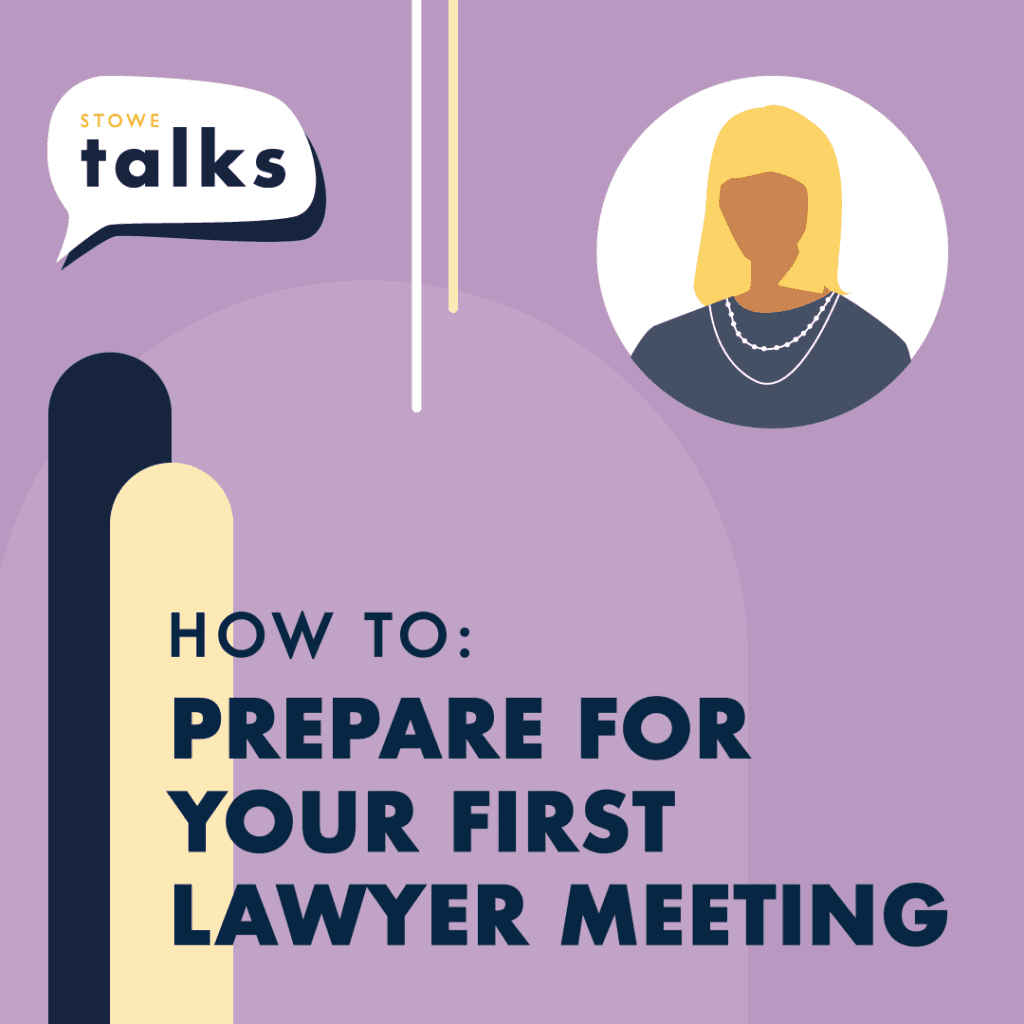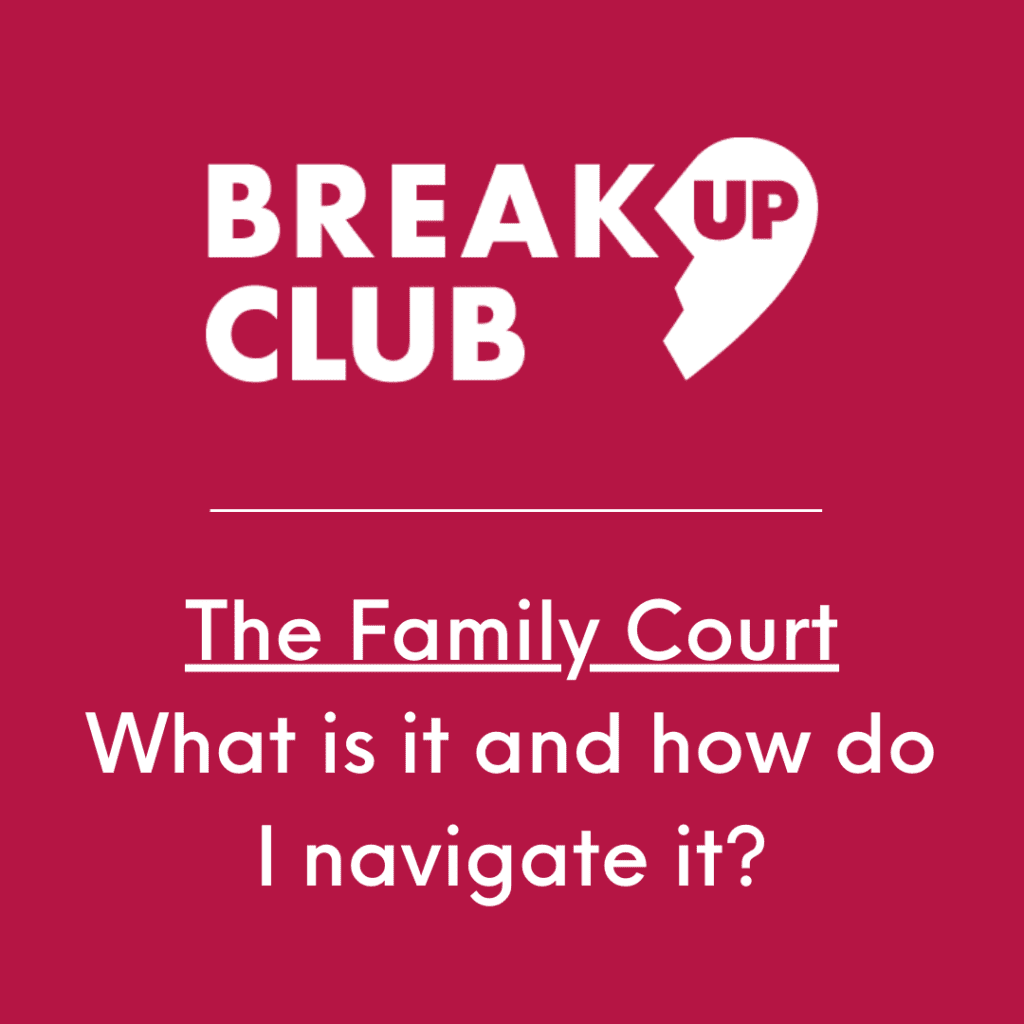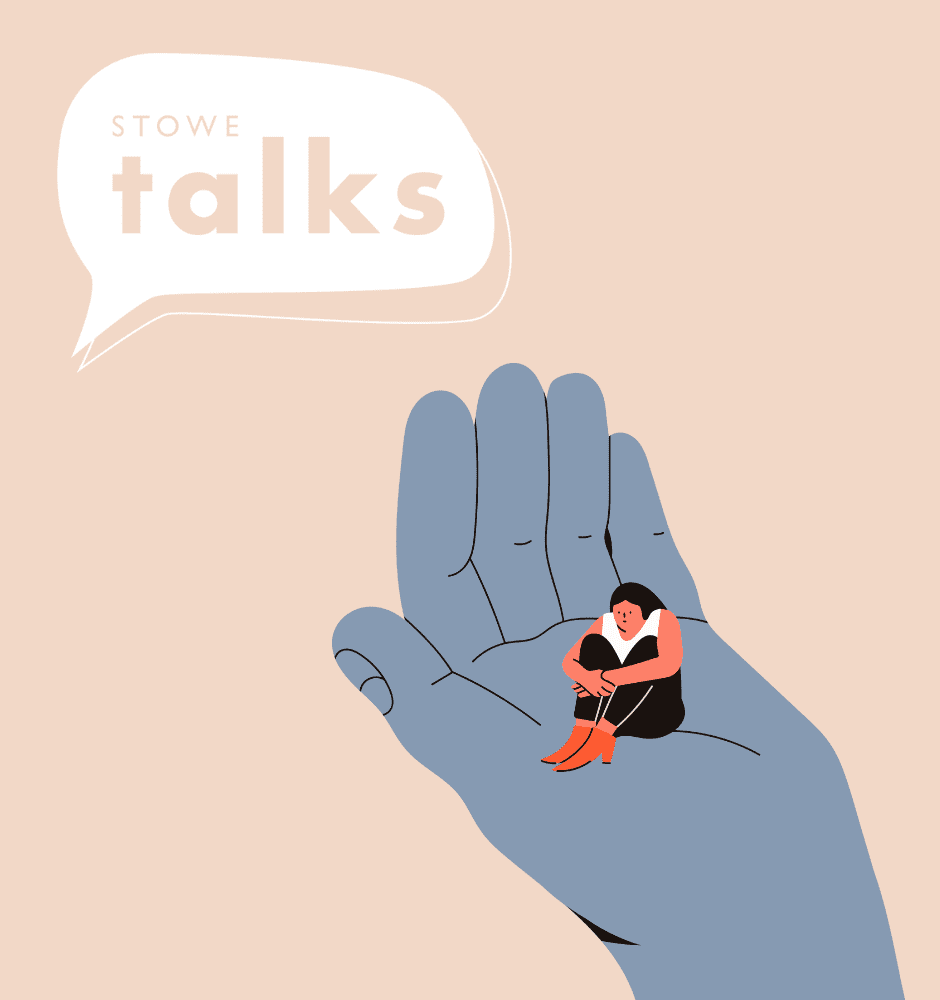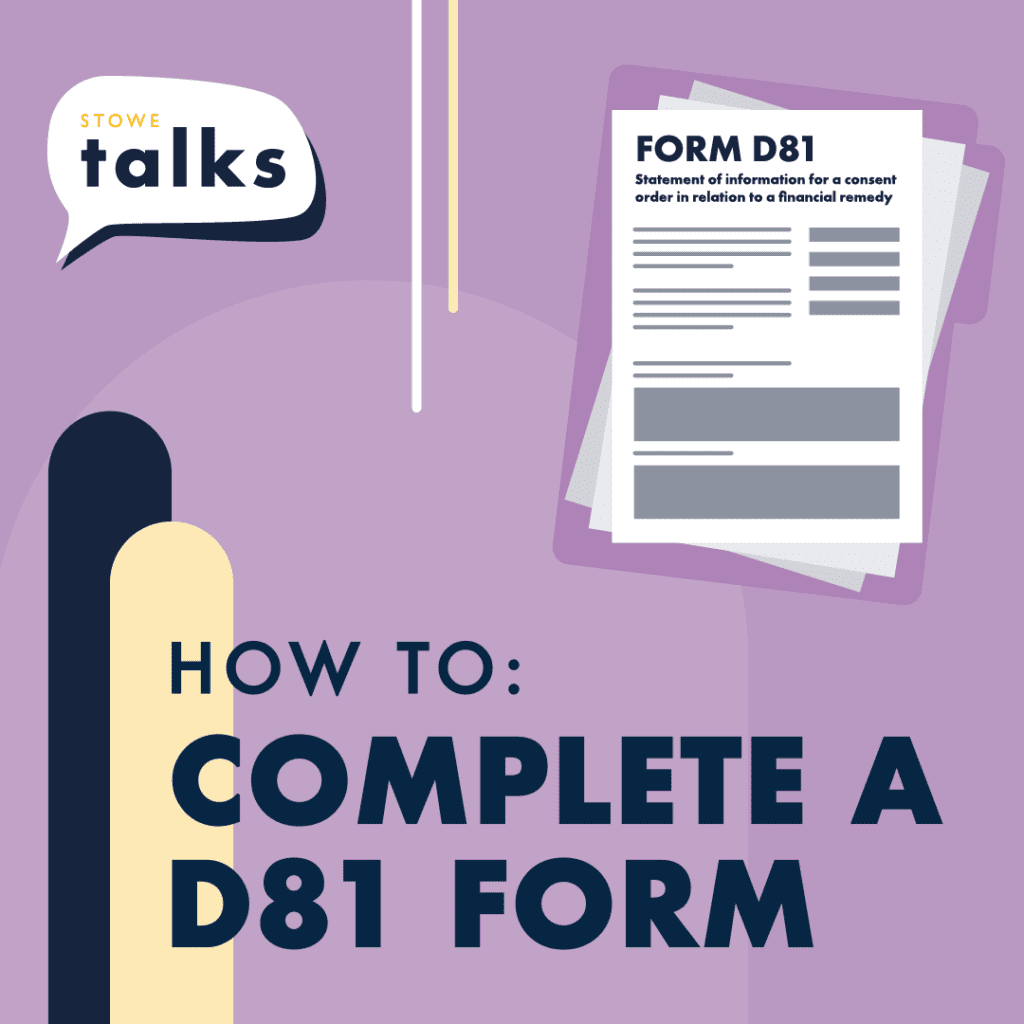Categories to guide you
Popular Advice Topics
Featured advice
You might have been there, sat on your first or second date with someone you really like. They start talking about the future. It could be things like where you’ll go on holiday together, or what sort of pet you should adopt. Sometimes it could be
Open article
Latest advice
One of the most important – and often overlooked – parts of the divorce journey is how you leave. So many people reach a point where they know, deep down, that the marriage is over. But what comes next feels overwhelming. Do you wait? Do you say
Divorce is rarely straightforward. When international borders, legal systems, and time zones are added to the mix, the process becomes significantly more complex.
If you or your spouse are living in a different country, you may be facing a number
Family lawyer Nicole Turner answers key questions about buying a property with a partner when you're not married and how you can ensure your financial security going into this position, as well as if you break up.
"My partner and I have been togethe
Popular advice
One of the most important – and often overlooked – parts of the divorce journey is how you leave. So many people reach a point where they know, deep down, that the marriage is over. But what comes next feels overwhelming. Do you wait? Do you say
There is a misunderstanding that pensions are not part of the joint matrimonial pot when it comes to separating finances on divorce. Statistics show that only around 12% of financial consent orders contain a pension sharing order, whereby the separat
Divorce is rarely straightforward. When international borders, legal systems, and time zones are added to the mix, the process becomes significantly more complex.
If you or your spouse are living in a different country, you may be facing a number
You might have been there, sat on your first or second date with someone you really like. They start talking about the future. It could be things like where you’ll go on holiday together, or what sort of pet you should adopt. Sometimes it could be
Cohabitation has been the fastest growing family type in the UK for several years. Couples are less concerned about making those relationships ‘legal’ through marriage or a civil partnership.
Cohabitation is not a legal status. Whilst there is
Video
How to complete Form D81
From 1st April 2025, for the second consecutive year, the Ministry of Justice has confirmed that Family Court fees in England and Wales will rise.
In line with the Government’s proposal that court and tribunal fees should increase to reflect th
If you and your spouse have decided to separate but aren’t ready to divorce, or are unmarried and have separated, a Separation Agreement can provide financial clarity and security for life post-separation.
In this guide, we’ll explore what a S
Book Your Free Callback
- Enter your details
- Book your free, no-obligaton callback
Or call us now to speak to a member of the team immediately:
Please note that we cannot offer Legal aid.
Close
Newsletter Sign Up
Sign up for advice on divorce and relationships from our lawyers, divorce coaches and relationship experts.
Privacy Policy



